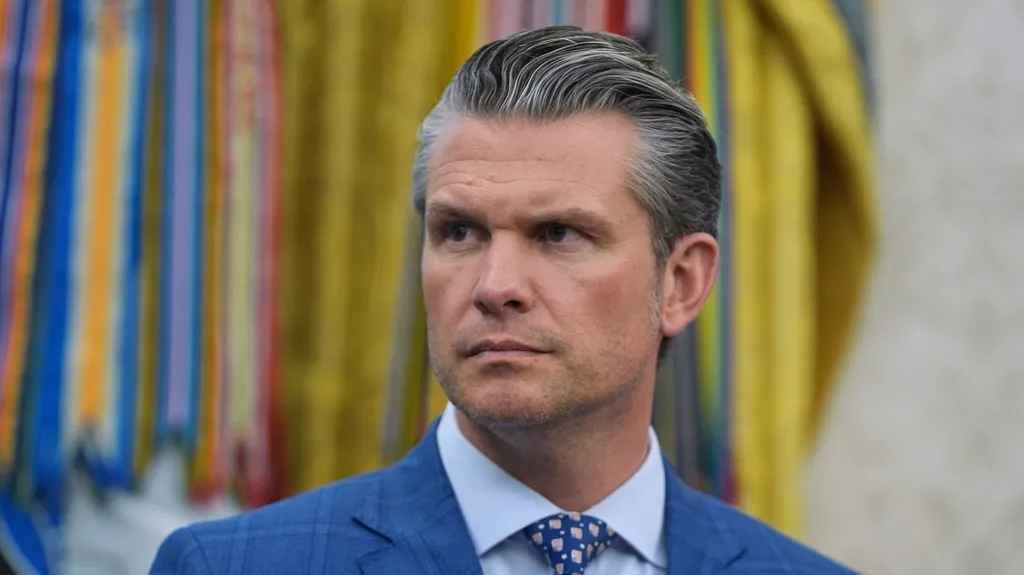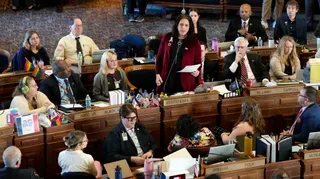June 20, 2013
National LGBT Cancer Network Works to End Discrimination
Winnie McCroy READ TIME: 5 MIN.
A recently released report by the National LGBT Cancer Network takes a new tack when relating what it is like to live with cancer -- it uses the direct experiences of cancer survivors to paint a stark picture on the effect of discrimination on LGBT health. The report, "LGBT Patient Centered Outcomes," puts the findings to good use by suggesting practical recommendations for improving LGBT health care.
"When we asked cancer survivors to tell us what they wanted health care providers to know, we were saddened, angered and moved by many of their stories," said Liz Margolies, executive director of the National LGBT Cancer Network. "Cancer is enough of a burden, no one should have to endure the discrimination, alienation and, in some cases, less than adequate care because of who they are. For many of the survey respondents, cancer treatment is both the same, and scarier."
Among those common responses from study participants was a sense of being discriminated against for being LGBT, and getting -- or accepting -- a lesser standard of care due to that.
"I was never out during the whole process to anyone," wrote one participant. "I had no one in the hospital or doctor visit me for fear of my gayness being discovered and then the doctors 'accidentally' not removing all the cancer lesions."
Another commented that her perceived orientation allowed her doctors to give superficial care, and her own latent shame allowed her to accept a quick and incorrect diagnosis of health.
Dr. Scout, a co-author and the Director of the Network for LGBT Health Equity at The Fenway Institute noted the direct relevance to the new patient-centered care movement.
"Data continue to show satisfied patients, that is patients who feel safe and understood during health care, stay healthier. This is why patient-centered care is best. But for LGBT patients, their care often falls short of being patient-centered and sometimes it's blatantly patient-intolerant," continued Scout.
According to the report, most of the survivors in the study repeatedly weighed the stress of cancer treatment against hiding their identities and support systems, magnifying negative health outcomes. And while 88 percent were out to primary care physicians, many commented that it was stressful to have to decide whether or not to come out to each member of their healthcare team.
Margolies said that this new report, which is based on real experiences of LGBT patients rather than theories, can be used as a tool to improve the climate for LGBTs in healthcare. Among those recommendations the report generated is the need to actively monitor LGBT patient satisfaction. It also highlights innovative recommendations about family support and the need to nurture LGBT employees.
Providers should remember that "family" does not always mean biological relatives; support systems can come from friends and partners as well. Treatment centers that don't welcome an LGBT person's support team are subtly conveying discrimination.
"It is important to know where it is safe to bring a partner, because my family hates me and even my mother told me right before the surgery that she hoped I would die in surgery and that she wished I had never been born," said one study participant, bringing light to this issue.
Many transgender survivors also reported alienation from doctors who refused to understand their gender variance or use correct pronouns. Lesbians also reported being uncomfortable with the "pinking" of breast cancer, the cutesy pink gear and the pressure to get reconstructive surgery to look stereotypically "feminine."
"I would tell them about my oncologist, who still, after almost two years of seeing him every three months, continues to refuse to understand what being transgender means," wrote one survey participant. "I have an incredibly difficult and uncomfortable relationship with this doctor and no way to get out of it. The lack of respect for me is unbelievable."
The biggest recommendations are the pillars of most current LGBT cultural competency trainings: to actively convey welcoming through outreach, policies, environment and provider trainings. An estimated 50 percent of the hospitals in the country have now passed LGBT inclusive nondiscrimination, often quietly and without fanfare.
"Passing a policy without promoting it doesn't create change," said Dr. Scout. "And LGBT people need change in health systems now."
Margolies hoped that her work with the National LGBT Cancer Network would continue to improve the lives of LGBT cancer survivors and those at risk, through educating the community about the importance of early detection, training healthcare works to be culturally competent and welcoming and advocating for survivors in mainstream cancer organizations, the media and research.
"These people spoke up about sometimes heart wrenching experiences because they wanted healthcare workers to know how to make care better for others. I hope everyone in healthcare will listen," concluded Margolies.
To link to a free, downloadable booklet, "LGBT Patient Centered Outcomes," visit www.cancer-network.org.
Winnie McCroy is the Women on the EDGE Editor, HIV/Health Editor, and Assistant Entertainment Editor for EDGE Media Network, handling all women's news, HIV health stories and theater reviews throughout the U.S. She has contributed to other publications, including The Village Voice, Gay City News, Chelsea Now and The Advocate, and lives in Brooklyn, New York.






